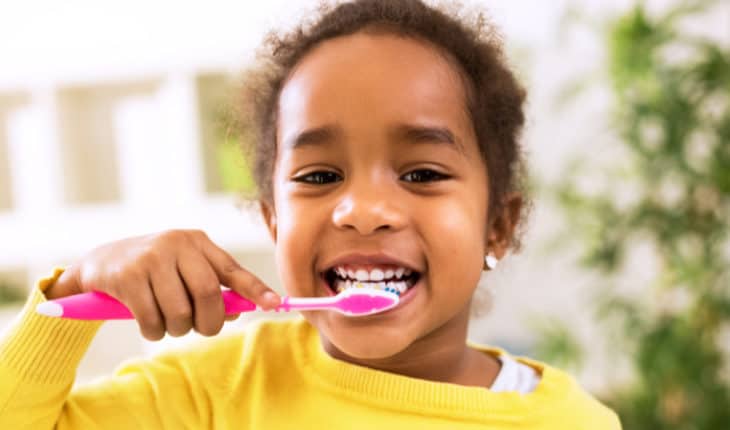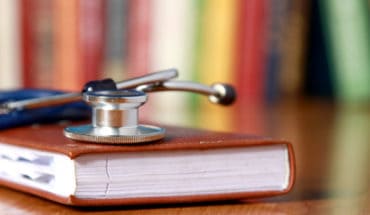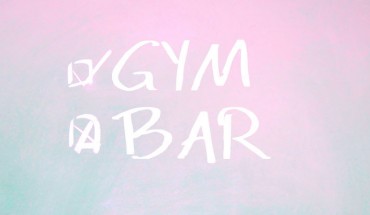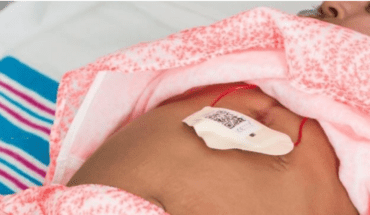The UK’s cost of living crisis is seeing many families make tough choices about what to prioritise and where to make cuts. BSPD is offering advice to parents and carers to help them maintain good oral health for their children during this period of austerity. BSPD’s focus for the year is on the ‘Rights of the Child’ – and health, including oral care, is a vital part of that. The Society is also mindful that the oral healthcare teams, along with other healthcare providers, need to play their role in encouraging planet-friendly choices and behaviours – so that the products that we use are not contributing to damaging the Earth.
This guidance from BSPD is the Society’s ‘Good Oral Health Needn’t Cost the Earth’ Top Ten Tips:
1. Take your infant to the dentist – prevention is better, and cheaper to the pocket and the planet, than cure. Children and young people under the age of 18 (or 19 if they are in full-time education) are entitled to free dental care on the NHS. BSPD’s Dental Check by One (DCby1) encourages every baby to be taken to the dentist before their first birthday.
2. Choose a manual toothbrush – all your child needs is a dentist recommended, simple, cheap, toothbrush as they start to get used to the idea of brushing. There is no need to splash out on a flash electric toothbrush for children. And consider buying a multi-pack, which can be far cheaper and will ensure you have a new brush on hand to replace the old one after two months.
3. Bamboo is better – You might want to consider trying a bamboo toothbrush for your children. Bamboo toothbrushes are better for the environment than plastic ones1. Switching to a bamboo toothbrush is a simple way to reduce the use of plastic at home. And a bamboo toothbrush doesn’t need to break the bank, since you can buy one for as little as one pound.
4. Take two minutes, twice a day – The most important thing is that children USE their toothbrush twice a day to brush their teeth – guided by you up until the stage when they have the dexterity to tie their own shoelaces. Two minutes of your time doesn’t cost anything!
5. Make brushing fun – to encourage adherence to the recommended twice daily brushing, consider downloading a free brushing app. Visit BSPD’s website and discover a range of videos for both toddlers https://www.bspd.co.uk/Kidsvids and others by Brush DJ https://www.brushdj.com to keep older children engaged.
6. Make toothpaste last – contrary to popular belief, when it comes to toothpaste it’s about quality versus quantity. Did you know that all an infant under 3 years of age needs is a flat smear of fluoride toothpaste?
This is about the same amount as a grain of rice. Choose own brand (pharmacy or supermarket) toothpaste (with at least 1000ppm fluoride). For children older than 3, a pea-sized blob of toothpaste with up to 1500ppm fluoride per brushing is all you should be using.
7. Drink tap water – it’s free! – good oral health can benefit from keeping well hydrated. This supports your gums and also helps wash bacteria away. Use a cheap refillable water bottle and refill from the tap. You can also help your baby’s hand-eye co-ordination by letting them learn to drink from the lip themselves! Tap water is all you need to rehydrate and in some areas the drinking water has been fluoridated, since research has proven the benefits to community oral health.
8. Avoid the confectionery aisle – reduce your baby’s sugar intake from the start. Babies’ tastes for food develop and you can ‘palette train’ your little ones as you start weaning and encourage them not to seek out sweet treats. So, by-pass the sweetie aisle in the supermarket – and don’t add sugar to food or drinks. It helps your pocket and encourages good eating habits for life.
9. Teeth are for eating – not opening bottles! – this might seem obvious, but it is surprising the number of children who come to the dentist with dental trauma and chipping caused by trying to use teeth to cut, open or rip things that they aren’t designed to do. Always wear a mouthguard for contact sports too. Remember repair is so much more complex than prevention – in terms of cost, but also in terms of the travel and energy needed to undertake complex dental repairs!
10. Spit don’t rinse – Once teeth have been brushed, your child should spit out the toothpaste but not rinse their mouth, so the fluoride continues to have a beneficial effect on the teeth for as long as possible. This is about making the fluoride work for as long and as hard as it can after brushing.
Dr Hannah Walsh, Honorary Membership Secretary, BSPD said: “We are very mindful of the difficulties families are experiencing at the moment with the cost of living crisis. Hard choices are having to be made in homes up and down the country and as the UK’s leading society offering support and guidance on good oral health for children, we feel it is more important than ever to show people that keeping teeth and gums healthy doesn’t need to cost a fortune.
“What matters is good oral health ‘behaviour’. By making cheap – and sometimes free – sensible choices you can easily make dental care a priority in your home and avoid complex treatments and trauma. A prevention-based approach to dental decay can actually be low cost – and kinder to the planet.”
- Breaking the ice for men’s mental health - 26th December 2025
- New bowel cancer test for early detection - 26th December 2025
- New method accelerates resistance testing in UTIs - 26th December 2025







